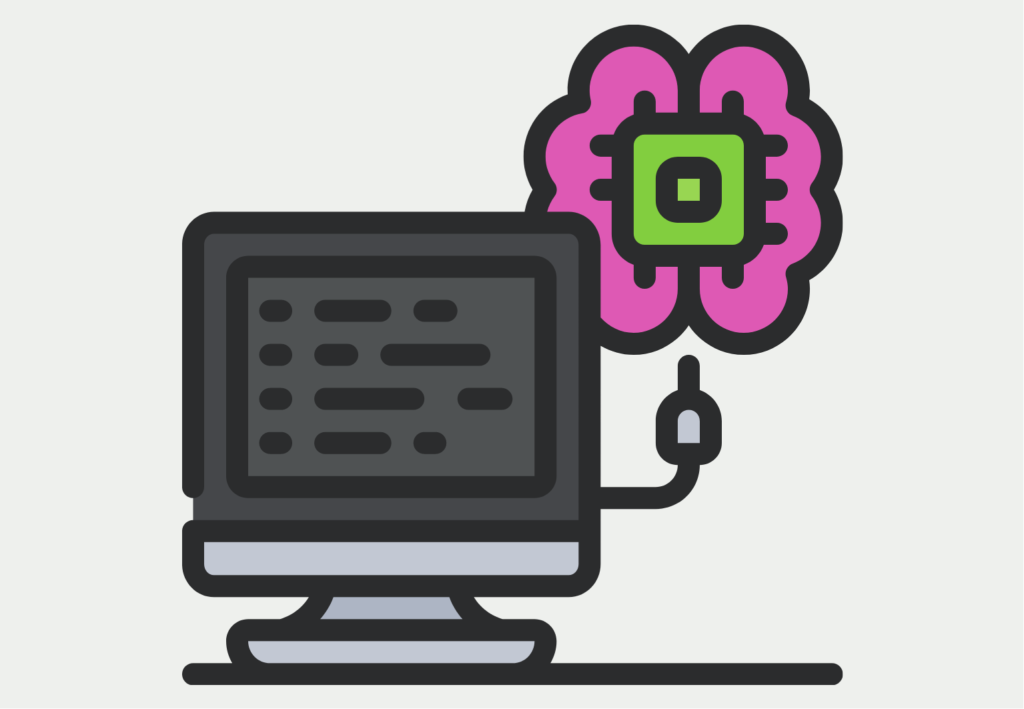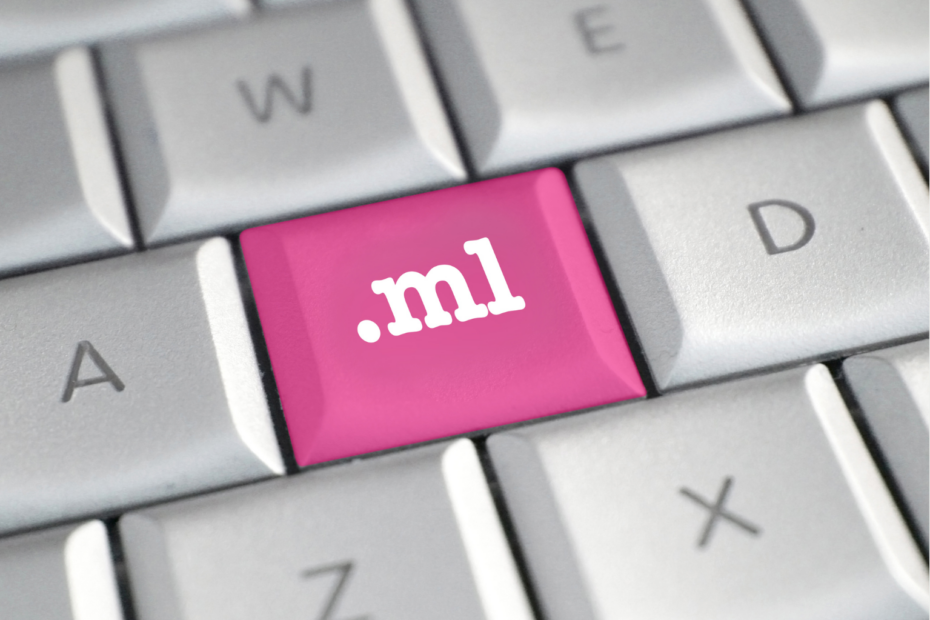Although Machine Learning is already being applied in many fields and bringing great benefits, a lot of work continues to be put into the research and development of new machine learning solutions. Not only are these major and minor advances numerous, but they are also appearing at increasingly shorter intervals. The articles in this chapter are intended to help you find your way through this jungle of scientific papers and publications. We explain the most important publications and machine learning models and try to classify which existing problems can be solved with them and how they can be used:
Some of our Articles in the Field of Machine Learning Blog
What is Collaborative Filtering?
Unlock personalized recommendations with collaborative filtering. Discover how this powerful technique enhances user experiences. Learn more!
What is Quantum Computing?
Dive into the quantum revolution with our article of quantum computing. Uncover the future of computation and its transformative potential.
What is Anomaly Detection?
Discover effective anomaly detection techniques in data analysis. Detect outliers and unusual patterns for improved insights. Learn more now!
What is the T5-Model?
Unlocking Text Generation: Discover the Power of T5 Model for Advanced NLP Tasks - Learn Implementation and Benefits.
What is MLOps?
Discover the world of MLOps and learn how it revolutionizes machine learning deployments. Explore key concepts and best practices.
Machine Learning Outlook
In addition to the exciting technical developments in the field of machine learning, this blog is also intended to venture a look beyond. And no, we don’t mean statements like “What happens when robots take over and artificial intelligence becomes smarter than humans?”. Rather, it’s about concrete questions that we as AI developers and society need to find answers to:
- How do we deal with the flood of data on personal information?
- What do we do with neural networks that can make perfect predictions but whose behavior and motivations we cannot explain?
- How do we handle it when an algorithm makes demonstrably racist or discriminatory decisions because that’s what it learned from past data?
- How do we build fair machine learning models and how do we measure that fairness?
- Do we want to base future decisions on structures we have discovered in the past?
It will also be a matter of defining laws for artificial intelligence, as Canada has already done, for example.

Conclusion
This section includes all contributions that go beyond the pure technical models and the basics of this. In addition to the latest findings in this field, social implications and problems will also be addressed.





